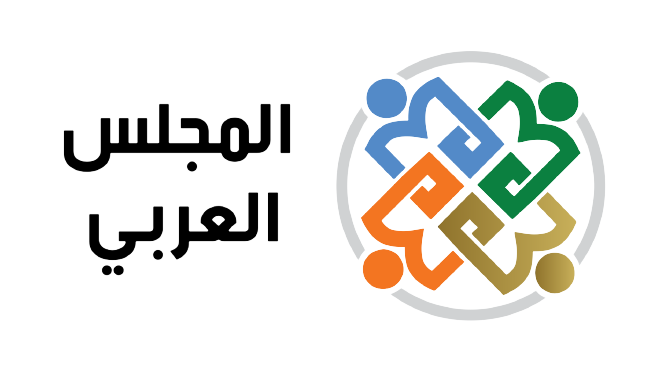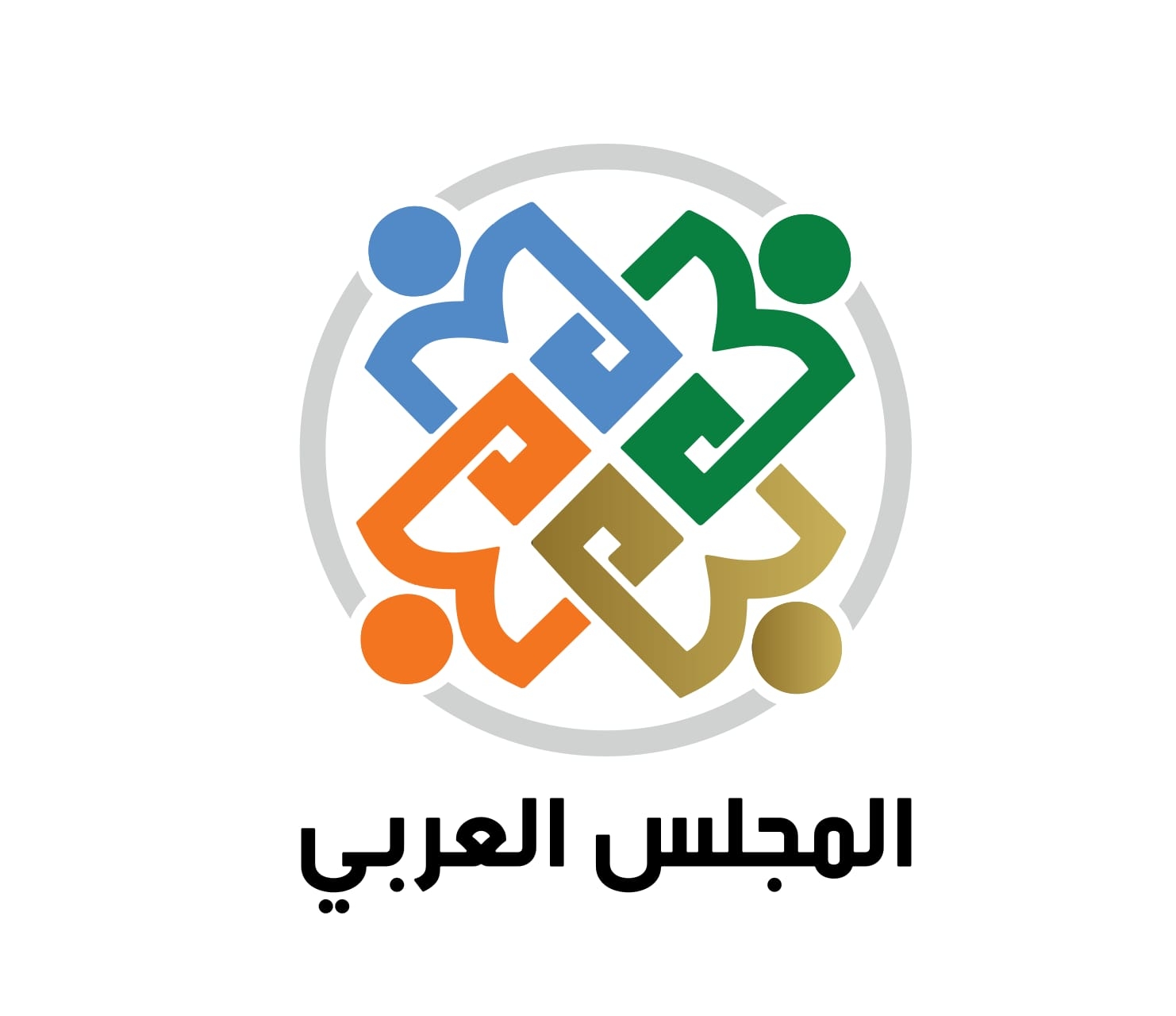National Political Dialogue in Arab Spring Countries: Outcomes of Experiences and Conditions for Success
Most countries in the Arab Spring are currently facing political, security, social, and economic crises, open to all possibilities. Political conflicts, civil wars, and foreign interventions have become recurring themes in this volatile landscape. Amid these conditions, authoritarianism and violations of rights and freedoms are on the rise, accompanied by the phenomena of migration, asylum, and population displacement, leading to catastrophic humanitarian and security situations.
To address these complex and deteriorating conditions and resist the monopolization of power by dictatorial and populist regimes, the region has witnessed a surge in civil and armed protests, as well as the diverse movements of party and civil opposition forces and youth groups, both within their countries and in exile.
In light of this tense scenario in most “Arab Spring” countries, various internal and external voices have called for initiating political dialogues that would bring together governments and opposition forces around a national vision and a roadmap for political concessions and agreements, aimed at resolving political, social, economic, and security crises. This approach aims to create a new legitimacy for governance and achieve sustainable political solutions.
While some calls for national political dialogue genuinely seek to resolve crises and reach agreements, most calls made by the ruling regimes can be seen as tactics to improve their image locally and internationally, gain time, and sow divisions within the opposition.
In some countries, several national political dialogues have been organized, bringing together all affected parties, but most of these initiatives have failed or yielded results that did not serve the democratic transition process.
This workshop aims to explore these experiences and address the following questions:
- What is the concept of national political dialogue? What is its course and significance? What are the main parties involved, and to what extent do they represent the various political and intellectual forces?
- What issues are addressed in national political dialogues? What are the chances of success? What are the conditions and guidelines needed to manage and achieve successful national political dialogues and contribute to the success of democratic transitions?
- What factors influence the legitimacy and effectiveness of national political dialogue? What are the key lessons learned from past experiences? What challenges have these dialogues faced and continue to face?


